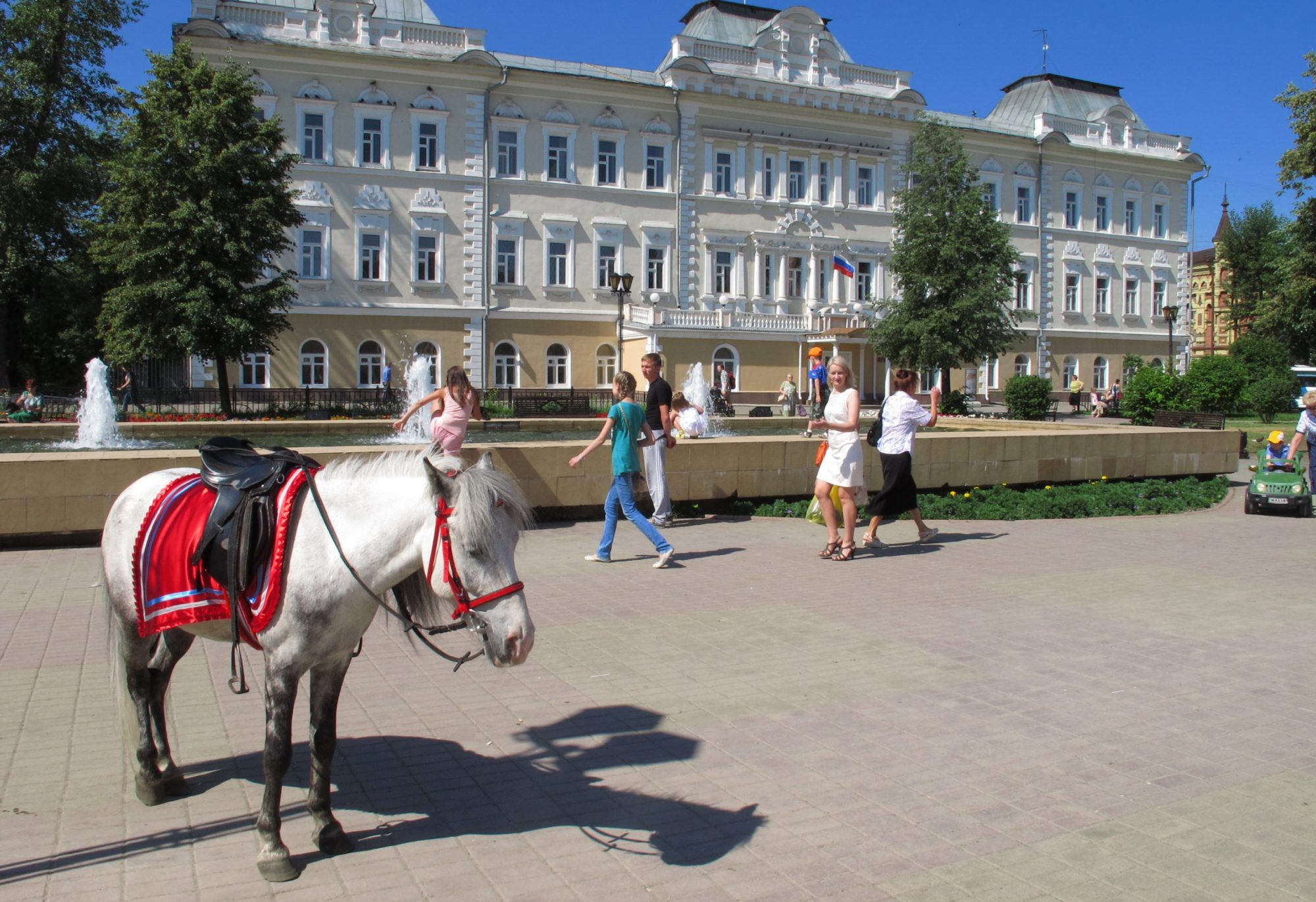I had never heard of horse ball till I came accross a Hong Kong-born horse lover trying to spread the game in Beijing. Few Beijingers know what horseball is but fewer know Beijing has a horseball club. It does, and the Shunyi-based Horseball China team has just signed a deal with one of the China’s Internet portals to screen its competitions live in 2010.
Club founder/trainer/player Harry Tse is a one man force of enthusiasm in China for the polo-like game (players wear similar gear) which emerged in 1930s France, the brainchild of a Frenchman who wanted to combine his passion for horses and rugby. Teams of four horsemen play horseball, trying to bounce and scoop a ball from the ground, supervised by two referees.
The city’s horse ballers have match practice every weekend at its purpose-built outdoor arena in Shunyi – “even in winter,” says Tse, who before discovering horseball used to visit the grasslands outside Beijing every weekend for some horsing about.
A Hong Kong-born IT executive got into horse ball while touring Europe in 2007, Tse currently pays the Chinese players’ wages, but “teams will eventually be sold to sponsors” to pay the bills. There are other ambitions: “We plan to have experienced European horseball players coming to perform in the future.”
When not tending to their own stable, the club’s staff perform in local equestrian competitions, such as a recent endurance race in Beijing. Tse says the plan is to groom more teams locally in China, “approximately 12 teams.” Horseball is in its early days in Asia, explains Tse but he happily points to fellow enthusiasts in Kyrgyzstan, Pakistan and Uzbekistan.
There’s good news surely for horsey types like Tse in increased recognition afforded their sport. Established in 1999, the International Federation of Horseball (FIHB) runs an annual European Cup and a World Cup every year. The very discerning FEI meanwhile has included the game among its ten recognized disciplines.
Tse was the first Asian to successfully obtain the UKCC (Coaching Certificate of UK) qualification in horse ball. He’s now the trainer of the Chinese national team and director of Horseball Commission of Chinese Equestrian Association. He’s even the Asian Representative at the FIHB.
Riders have to learn similar tackling and shooting skills but horseball, says Tse, is more accessible than polo. Any sized horse will do (since unlike polo you’re not restricted by a bat) is restricted by the length of its bat. Since the arena is much smaller than in polo, each player needs only one horse – polo players require a string of steeds for a game, since each is quickly exhausted. Also, unlike polo, a general purpose saddle will do a horse ball player. Any old horse and saddle of course still costs a relative fortune to the average Beijinger. Still horse ball is a good game to watch, and given Tse’s enthusiasm, has a future in China.
